Resources
UNHCR-WFP Joint Analytical Framework (JAF)
The Joint Analytical Framework (JAF) is a set of tools developed to guide UNHCR and WFP country operations reach a common understanding of how well refugees, asylum seekers, and other forcibly displaced people are able to meet their basic needs. The JAF draws on established methodologies from both agencies, including WFP’s Essential Needs Analysis and UNHCR’s corporate indicators, and incorporates field experience to date. Its aim is to complement and operationalize existing joint guidance through a consistent and practical approach.

Accountability to Affected People (AAP)
The Joint Hub provides technical support to WFP and UNHCR operations to establish new, or strengthen existing, joint feedback mechanisms. The Joint Hub also assists in the development of joint community engagement strategies, community consultations, key messages and information sharing campaigns, and the establishment of appeals processes as an essential part of the targeting and prioritization of assistance. Learn more and explore related resources on Accountability to Affected People (AAP) here.

Assessment and Analysis
The Joint Hub supports UNHCR and WFP operations in conducting joint assessments and analyses to better understand and respond to the needs of refugees, other forcibly displaced people, and host communities. This includes defining the scope and objectives of assessments, designing data collection tools and methodologies, and developing training materials. A key instrument in this work is the UNHCR-WFP Joint Analytical Framework (JAF), which ensures a consistent, rigorous approach to joint analysis.

Targeting
The Joint Hub supports WFP and UNHCR country operations in developing joint strategies for targeting and prioritizing food and basic needs assistance for refugees and other forcibly displaced populations, while also promoting pathways to self-reliance. Aligned with the UNHCR-WFP Joint Targeting Principles and Guidelines, the Hub provides evidence-based, protection-sensitive support through data analysis to inform targeting and prioritization processes, and developing monitoring tools to track long-term progress and impact.
Programme and Policy

Data Systems Interoperability and Data Sharing
With rising humanitarian needs and limited resources, coordinated and accessible data is essential for efficient, high-quality humanitarian response. Based on the 2018 WFP-UNHCR Global Data Sharing Addendum and aligned with the 2020 UN Data Strategy, system interoperability is a shared priority for both agencies. While WFP and UNHCR systems currently hold most of the beneficiary data used in humanitarian cash assistance, and some 30 organizations are already using these, the gain for humanitarian assistance overall will be significant. The Joint Hub supports efforts at the global and country levels to further strengthen data sharing, from advising on local initiatives to contributing technical expertise to global interoperability projects.

Learning and Training
The Joint Hub aims to improve the quality of data and evidence on refugee vulnerability and use this to inform strategic, protective, people-centered programming, ensuring vulnerable refugees’ basic needs are met and joint efforts to support self-reliance and inclusion are expanded. Documenting and sharing learning and best practice across countries, regions and contexts is a critical element of the Hub’s work.

Annual Reports
The Joint Hub’s annual reports provide a comprehensive overview of its support to UNHCR and WFP country operations, capturing key achievements, lessons learned, and strategic developments year by year. These reports highlight the Joint Hub’s work across 19 country offices and at the global level, showcasing how its demand-driven technical assistance has contributed to improved joint assessments, targeting strategies, community engagement, and the promotion of refugee self-reliance.

Country Support Briefs
Since its founding in 2020, the Joint Hub has supported UNHCR and WFP operations in 19 countries worldwide.
The Country Support Briefs provide an overview of the support provided to each country, highlights of operational achievements and challenges, and links to related resources, guidance, and tools. The briefs serve as a quick reference for stakeholders, partners, and practitioners seeking to understand the scope and impact of the
Joint Hub’s support.

